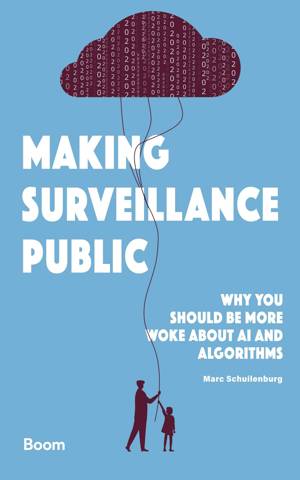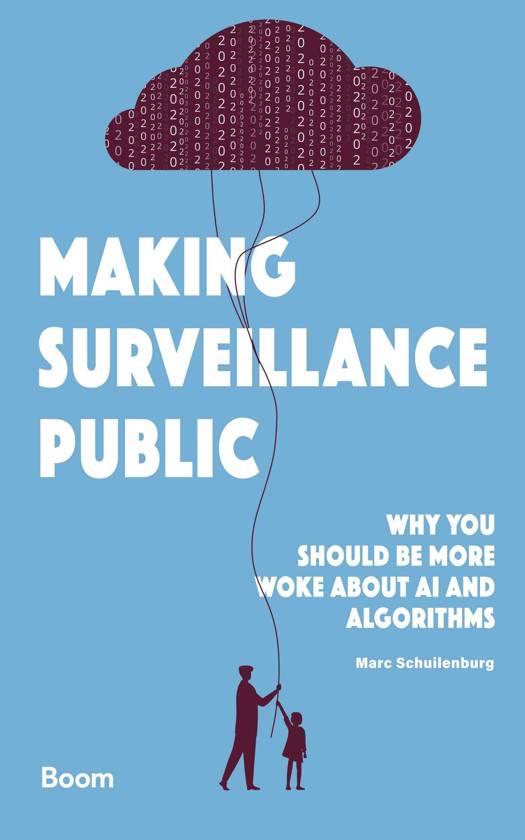
- Afhalen na 1 uur in een winkel met voorraad
- Gratis thuislevering in België vanaf € 30
- Ruim aanbod met 7 miljoen producten
- Afhalen na 1 uur in een winkel met voorraad
- Gratis thuislevering in België vanaf € 30
- Ruim aanbod met 7 miljoen producten
Zoeken


Making Surveillance Public
Why You Should Be More Woke About AI and Algorithms
Marc Schuilenburg
Hardcover | Engels
€ 32,50
+ 65 punten
Omschrijving
What are the new questions raised by AI for the prevention and detection of crime? How can we rationalise the Amazon Ring doorbell and Tesla’s Sentry Mode? How can algoracism be identified, and what should we think of data donation? Surveillance today cannot be understood without an awareness of how AI and algorithms have become increasingly central in the governance of security. They have led to a substantial expansion in the depth and breadth of surveillance, ranging from mass data collection to mass invasion of privacy. In Making Surveillance Public, Marc Schuilenburg explores the deployment of AI applications, asking who is using them, what their aims are, what outcomes and societal impacts they lead to, and against whom they are used. To this end, he makes a case for a digital criminology centred on sociological questions of power, knowledge and AI experiences. Marc Schuilenburg is a Professor of Digital Surveillance at Erasmus University Rotterdam. Schuilenburg’s other works available in English include Hysteria, The Securitization of Society and Mediapolis.
Specificaties
Betrokkenen
- Auteur(s):
- Uitgeverij:
Inhoud
- Aantal bladzijden:
- 208
- Taal:
- Engels
Eigenschappen
- Productcode (EAN):
- 9789047302629
- Verschijningsdatum:
- 20/03/2025
- Eerder verschenen als:
- Uitvoering:
- Hardcover
- Afmetingen:
- 133 mm x 209 mm
- Gewicht:
- 321 g

Alleen bij Standaard Boekhandel
+ 65 punten op je klantenkaart van Standaard Boekhandel
Beoordelingen
We publiceren alleen reviews die voldoen aan de voorwaarden voor reviews. Bekijk onze voorwaarden voor reviews.












